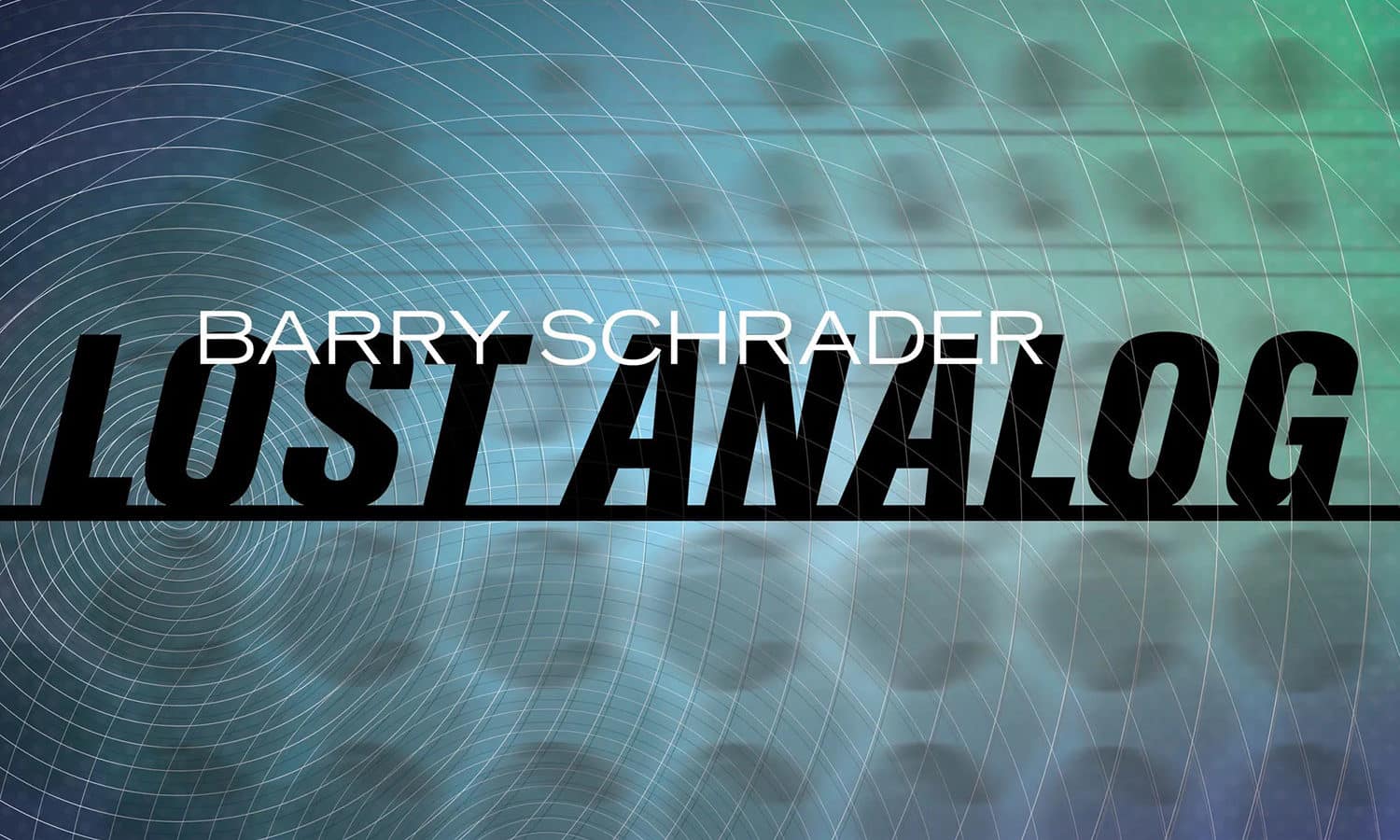Composer and CalArts Faculty Emeritus Barry Schrader (Music MFA 71) released his latest album Lost Analog in October 2022. The album’s title not only references his 1977 album Lost Atlantis, but also holds a more literal meaning. “All of the works are analog electronic music, and parts of them are, indeed, lost,” Schrader writes in the album’s liner notes.
All of the music on Lost Analog is from archival recordings written and produced between 1972 and 1983 using the Buchla 200 analog modular synthesizer—nicknamed “The Electronic Music Box.” Originally created in four channels (colloquially known as quadraphonic sound), Schrader found that in mixing and remastering these pieces as stereo files for the new release, some of the “original aural intent” of the music had been lost. A few of the master tapes for the electronics still exist, but are unplayable due to tape deterioration. “As I write this, realizing that some of this music hasn’t been heard in public for almost 50 years, I’m taken back to much earlier days in my life and career, which, although remembered, are also lost, as are all of our pasts.”
The album’s 12 tracks are organized in four parts:
- “Death of the Red Planet Suite” (1973) is from parts of a score for the short film “Death of the Red Planet.”
- “Bestiary” (1972-74) is a five-movement work that draws on inspiration from mythological creatures found in medieval bestiaries—compendiums about real and fictitious animals.
- “Classical Studies” (1977) features three short pieces that use abstractions of old musical forms: canon, chorale, and perpetuum mobile.
- “Moon-Whales Suite” includes three sections of a larger work, “Moon-Whales and Other Moon-Songs” (1982-83), a seven-movement work for soprano and electronics. The album features the second, fourth, and sixth sections of the work. Schrader created the even-numbered movements for soprano accompanied by electronics, and the odd-numbered movements are for soprano solo followed by an electronic music section without voice.
Schrader, a composer who specializes in electro-acoustic music, earned his MFA in composition from CalArts in 1971. That same year, he was hired by founding Dean Mel Powell as faculty in CalArts’ School of Music, where he worked with other electronic musical greats including Morton Subotnick. Founder and the first president of SEAMUS (Society for Electro-Acoustic Music in the United States), Schrader was presented with the SEAMUS Lifetime Achievement Award in 2014. He retired from CalArts in 2016, after a 45-year teaching career with the Institute.







